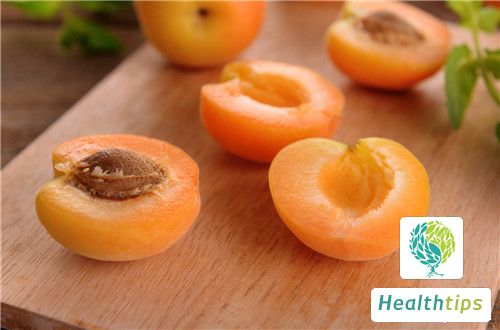During menstruation, you can eat apricots. Apricots are rich in nutrients and are excellent for nourishing the body. During menstruation, the body's resistance is weaker, and eating apricots can supplement nutrients and enhance the body's resistance. However, apricots are hot in nature, and eating too much can easily lead to heatiness and increase the secretion of gastric juice, causing irreversible damage to the stomach. Therefore, apricots should not be eaten excessively.

Apricots are rich in nutrients, containing various organic compounds, essential vitamins, and inorganic salts, making them a highly nutritious fruit. Apricot kernels are even more nutritious, containing 23-27% protein, 50-60% crude fat, 10% carbohydrates, and various inorganic salts such as phosphorus, iron, and potassium, as well as various vitamins. They are excellent for nourishing the body and can be eaten during menstruation, but in moderation. Apricots should not be eaten excessively as they are warm in nature, with sour flesh and hot properties. Eating too much can harm the bones and muscles, trigger chronic diseases, and even cause eyebrow loss, hair loss, and visual impairment. Additionally, for pregnant women, women giving birth, and children, overeating apricots can easily lead to the development of boils and pimples. Furthermore, fresh apricots are highly acidic, and eating too much can easily increase the acidity in the stomach, causing gastric diseases, and can also erode teeth, leading to tooth decay. It is recommended to eat 3-5 apricots per serving to avoid overconsumption.

